Belarus forced to host Russia nukes due to pressure from West: Minsk
Minsk says "unprecedented pressure" from the West has forced Belarus to host Russia's nuclear arms, emphasizing that such deployment of nukes does not violate international regulations.
Belarus is considered one of Russia's closest allies and when Moscow launched a war against neighboring Ukraine in February last year, Minsk also came under strict scrutiny by Kiev's Western allies, particularly the United States, to gauge how much assistance Minsk offers to the Kremlin in its ongoing military operation.
The Western countries have imposed punitive measures against Belarus over its support for the war in Ukraine and particularly after it allowed Russia to use its territory as a launchpad for Moscow's offensive.
At the weekend, Russian President Vladimir Putin announced Moscow's plans to deploy tactical nuclear weapons in Belarus, a move that will expand Russia's scope of strategic influence and increase its deterrence power in face of the US-led NATO's exceeding military support for Ukraine.
The Russian leader said at the time that Moscow would build a special storage facility for its tactical weapons in Belarus, the construction of which would end by the beginning of July.
The decision has drawn condemnation from the West, particularly Washington.
On Tuesday, however, Minsk said that it agreed with Moscow on the plan due to "unprecedented" Western pressure, insisting that the deployment of the nukes will not violate international agreements.
"Belarus is forced to respond to strengthen its own security and defense capability," Belarus' foreign ministry said, adding that Minsk had been subjected to "unprecedented" political and economic pressure from the US and its allies.
The ministry also stressed that Belarus would not have control over the weapons and their deployment "in no way contradicts" the Treaty on the Non-Proliferation of Nuclear Weapons.
Since last year, Russia and Belarus have held military exercises on Belarusian territory and boosted cooperation between their armies.
"Military cooperation between Belarus and Russia is carried out in strict accordance with international law," Belarus' foreign ministry added.
Russia's plans to station nuclear weapons on the European Union's doorstep have triggered calls for fresh sanctions against Moscow.
Since the onset of the war, the US and Ukraine's other allies have sent Kiev tens of billions of dollars' worth of weapons, including rocket systems, drones, armored vehicles, tanks, and communication systems. Western countries have also imposed a slew of economic sanctions on Moscow.
The Kremlin says the sanctions and the Western military assistance will prolong the war, already one year old.
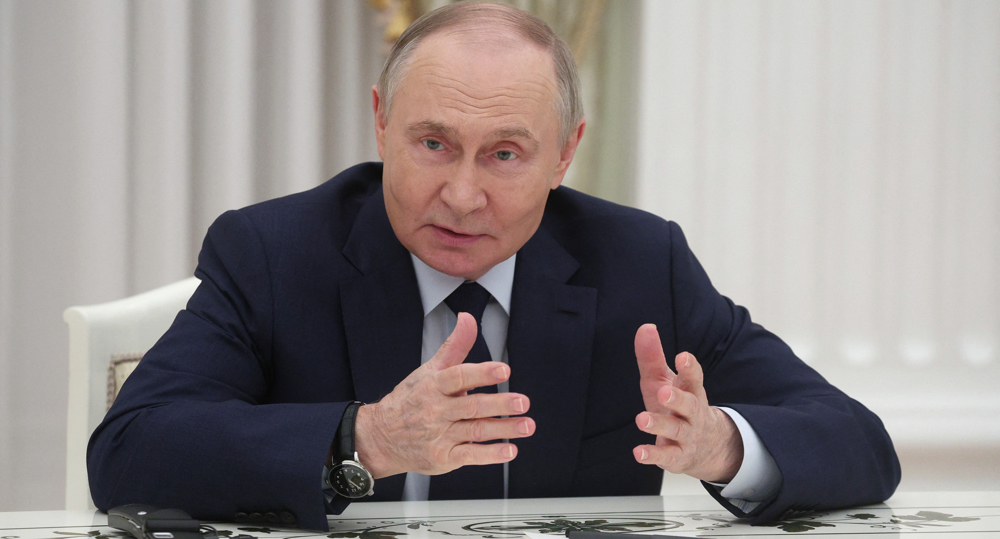
Russia's President Putin ratifies bill for strategic partnership with Iran
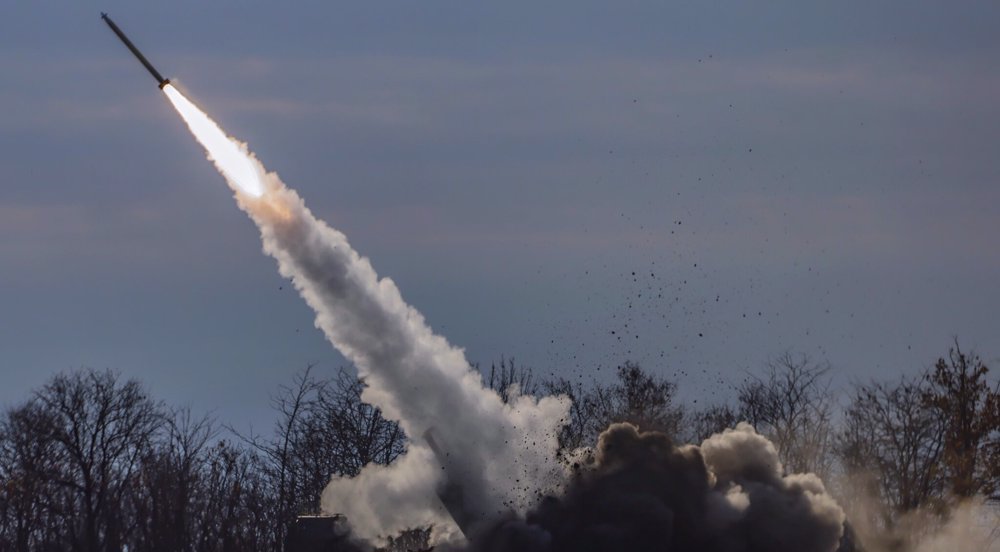
Russia: Ukraine violated Easter ceasefire using US-made weapons
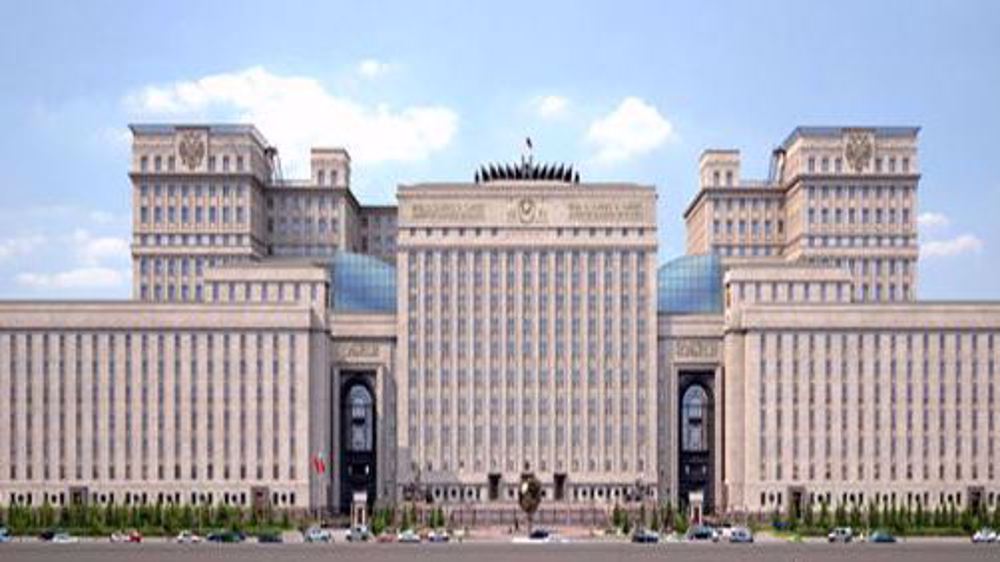
Russia says Ukraine violated Easter ceasefire over 1000 times
VIDEO | Heavy equipment needed to clear rubble destroyed in Israeli strike
Hamas urges global strikes, sit-ins to end Israel’s genocide in Gaza
VIDEO | South Koreans push back on Trump tariffs
UNRWA: Gaza ‘land of desperation’ after 50 days of total Israeli siege
VIDEO | Israel massacres 11 Palestinians in Khan Yunis
IRGC a thorn in the side of enemies; no power dares to threaten Iran: Analyst
Lies unraveled: Ex‑minister says Israel faked Gaza tunnel image to stall truce deal
China says expects ‘in-depth’ talks during Iran foreign minister’s visit


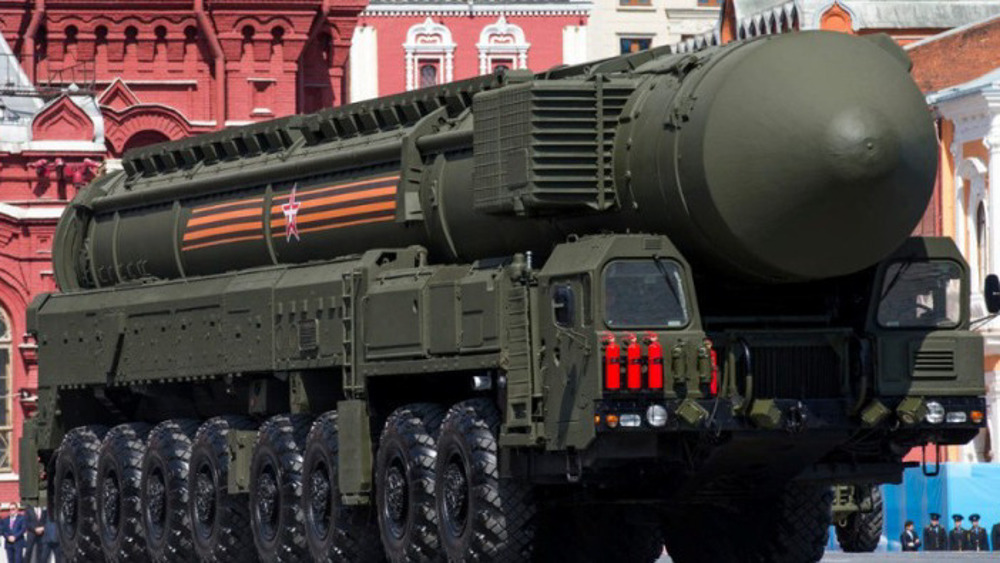
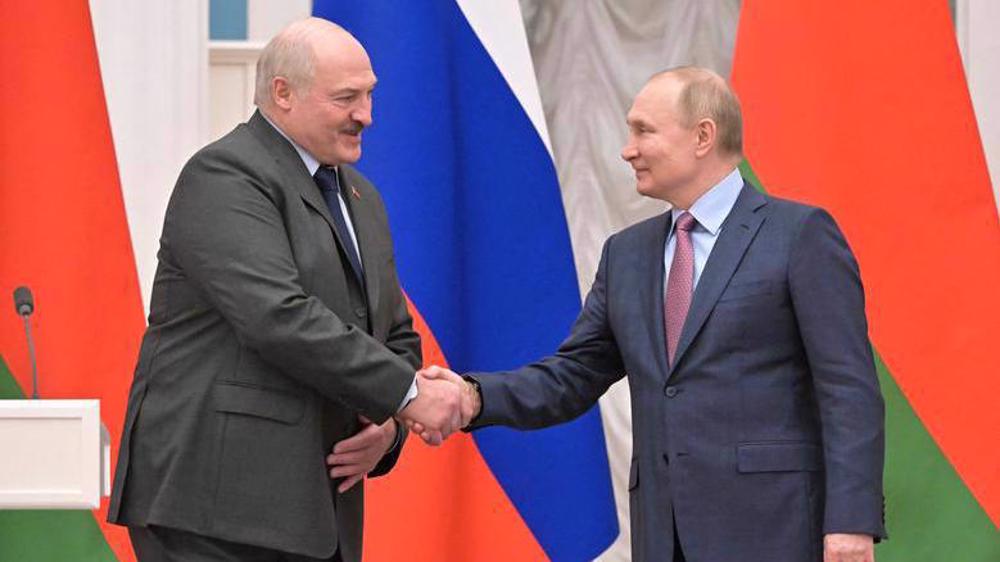
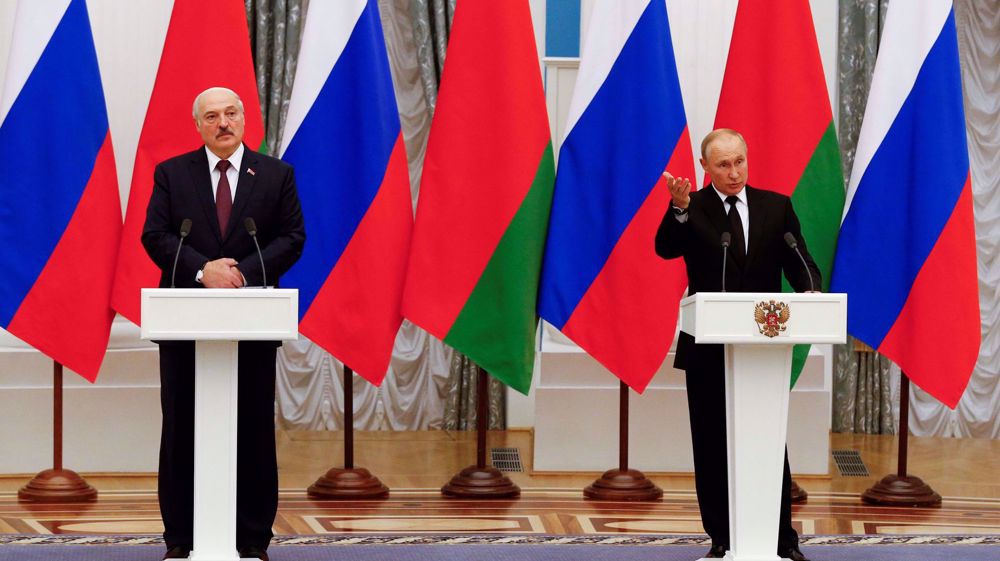




 This makes it easy to access the Press TV website
This makes it easy to access the Press TV website